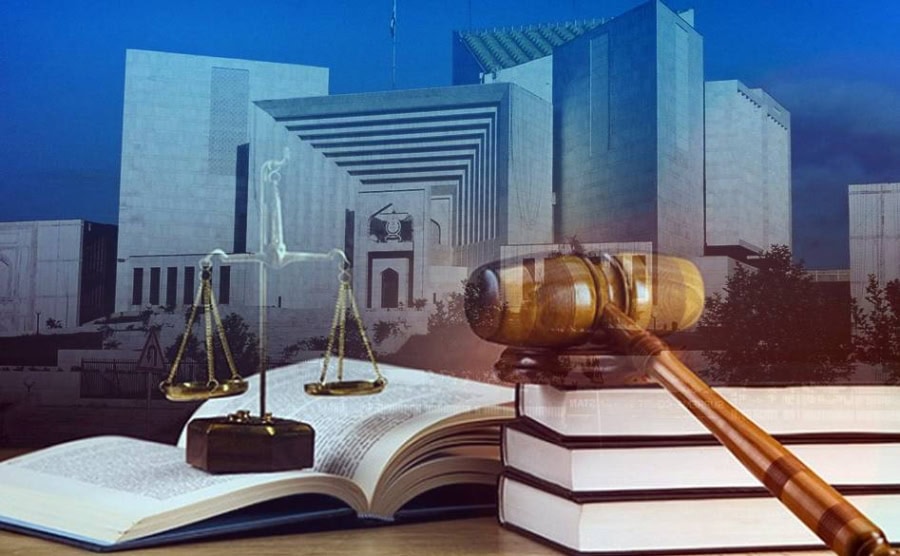The three-member bench approved federal government’s appeal to omit controversial paragraphs from the verdict of the high-profile Mubarak Sani case. This decision comes amidst ongoing controversy surrounding the case.
The federal government challenged specific sections of the verdict, arguing that they were problematic and not reflective of the case’s factual and legal aspects. The Supreme Court’s approval of this appeal means that these contentious parts will be removed from the official verdict, potentially altering the case’s implications.
Mubarak Sani case has been a focal point of intense debate and legal scrutiny, and this ruling marks a notable shift in the legal landscape surrounding the case. The court’s decision underscores its role in ensuring that judicial outcomes are both fair and accurately represent the legal proceedings.
Key Hearing
Maulana Fazlur Rehman, head of Jamiat Ulema-i-Islam-Fazl (JUI-F), who had pushed for a review, appeared in court along with Attorney General Mansoor Usman Awan and Mufti Taqi Usmani, who joined remotely.
AGP Awan informed the court that Parliament and clerics had urged the federal government to revisit the Supreme Court ruling. He acknowledged that a “second review” was not permitted but argued that the court should consider the clerics’ viewpoints.
CJP Isa expressed concern about making incorrect decisions and emphasized respect for Parliament. The court sought input from various clerics, including Fazl, Mufti Sher Muhammad, Sahibzada Abul Khair Muhammad Zubair, and Jamaat-i-Islami’s Fareed Paracha. Mufti Taqi Usmani contributed via video link.
Mufti Usmani argued for the removal of specific paragraphs from the July 24 judgment, citing errors. He contested that paragraph 42, which allowed Ahmadis to practice their religion privately but not publicly, was incorrect.
CJP Isa read relevant sections of the Pakistan Penal Code and acknowledged that the court might have overlooked some details. He emphasized the need for thorough and clear judgments.
Justice Isa stressed the importance of moving forward from the February 6 decision and suggested using local examples in judgments.
Maulana Fazl noted the extensive hearings and described the current proceedings as a “third view” of the court’s decision. He highlighted concerns from various scholars and the Council of Islamic Ideology (CII).
KP Chief Khatib Maulana Tayyab Qureshi supported the clerics’ views and invited CJP Isa to visit a mosque in Peshawar. Sahibzada Abul Khair Muhammad Zubair also requested the removal of specific paragraphs.
Senior lawyer Latif Khosa requested that his and Sunni Ittehad Council chief Sahibzada Hamid Raza’s names be added to the list of respondents, representing Parliament.
CJP Isa remarked that Parliament could overturn court orders and suggested that Khosa might seek redress there. The court then took a break before delivering its final verdict.
Mubarak Sani Case
The February 6 ruling, which overturned Sani’s conviction, sparked significant criticism against the Chief Justice, leading to a campaign against him. This prompted the Supreme Court to issue a clarification.
The Punjab government challenged the verdict, arguing that some sections needed modification to reflect that the rights under Article 20 of the Constitution are not absolute but subject to law and public order.
On July 24, the Supreme Court revised its ruling, emphasizing that religious rights were subject to legal constraints and reaffirming the role of belief in the finality of prophethood in Islam. The Council of Islamic Ideology later expressed concerns and called for a review.
The Punjab government’s August 17 petition sought further corrections to the July 24 judgment, citing errors and inconsistencies with legal precedents.










